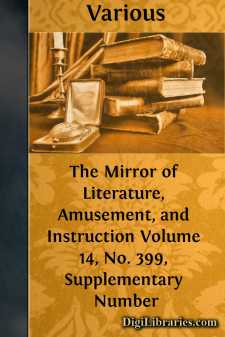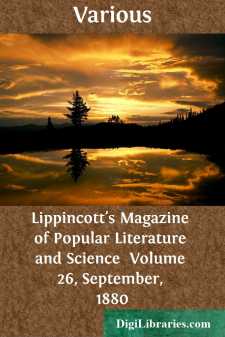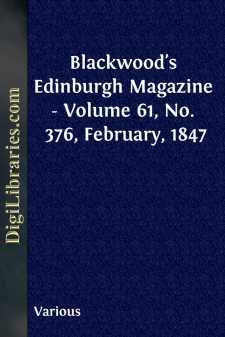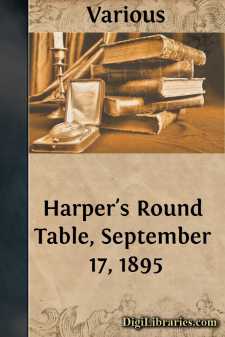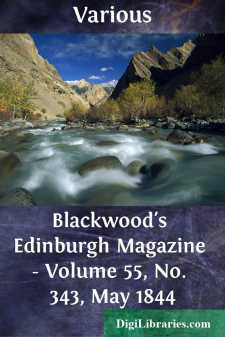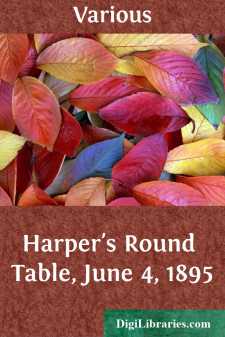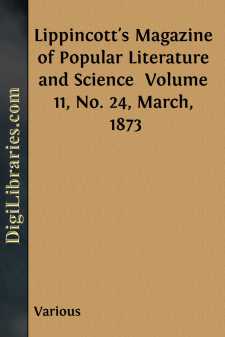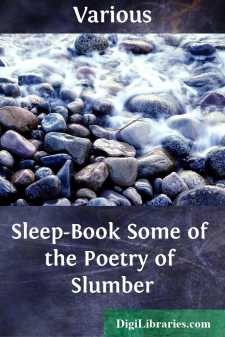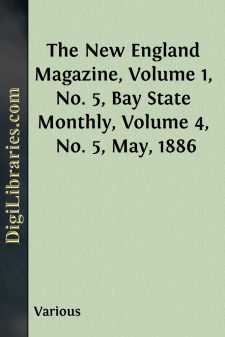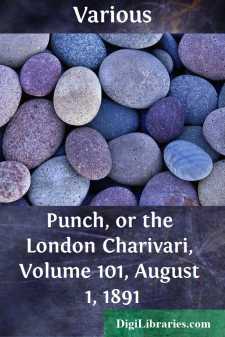Categories
- Antiques & Collectibles 13
- Architecture 36
- Art 48
- Bibles 22
- Biography & Autobiography 813
- Body, Mind & Spirit 142
- Business & Economics 28
- Children's Books 16
- Children's Fiction 13
- Computers 4
- Cooking 94
- Crafts & Hobbies 4
- Drama 346
- Education 46
- Family & Relationships 57
- Fiction 11829
- Games 19
- Gardening 17
- Health & Fitness 34
- History 1377
- House & Home 1
- Humor 147
- Juvenile Fiction 1873
- Juvenile Nonfiction 202
- Language Arts & Disciplines 88
- Law 16
- Literary Collections 686
- Literary Criticism 179
- Mathematics 13
- Medical 41
- Music 40
- Nature 179
- Non-Classifiable 1768
- Performing Arts 7
- Periodicals 1453
- Philosophy 64
- Photography 2
- Poetry 896
- Political Science 203
- Psychology 42
- Reference 154
- Religion 513
- Science 126
- Self-Help 84
- Social Science 81
- Sports & Recreation 34
- Study Aids 3
- Technology & Engineering 59
- Transportation 23
- Travel 463
- True Crime 29
Sort by:
by:
Various
Verona SPIRIT OF THE ANNUALS FOR 1830. Fair and gentle readers, we present you with a kaleidoscopic view of some of these elegant trifles—the very bijouterie of art and literature—in picture outmastering each other in gems of ingenuity, and in print, exalting a thousand beautiful fancies into a halo of harmony and happiness for the coming year. We call these "trifles," but in the best sense...
more...
by:
Various
EKONIAH SCRUB: AMONG FLORIDA LAKES [Illustration: THE FORD.] [Note: Entered according to Act of Congress, in the year 1880, by J.B.LIPPINCOTT & Co., in the Office of the Librarian of Congress, atWashington.] "And if you do get lost after that, it's no great matter," said the county clerk, folding up his map, "for then all you've got to do is to find William Townsend and...
more...
by:
Various
MEMOIR OF THE LATE JOHN WILLIAM SMITH, OF THE INNER TEMPLE, BARRISTER-AT-LAW. BY SAMUEL WARREN, OF THE INNER TEMPLE, BARRISTER-AT-LAW.But the fair guerdon when we hope to find,And think to burst out into sudden blaze,Comes the blind Fury with the abhorred shears,And slits the thin-spun life. Milton.—Lycidas. The name of John William Smith, barrister-at-law, of the Inner Temple, now appears, possibly...
more...
by:
Various
The reader may think that while coal must be a dirty cargo it is in other respects an innocent one; but there is no shipmaster who does not dread a long voyage with this kind of freight, for many a fine vessel has been lost owing to the coal taking fire through spontaneous combustion; therefore the greatest care is exercised in carrying it, and whenever the weather will permit, the hatches are opened...
more...
by:
Various
THE INCREASE OF CRIME. Among the many causes of anxiety which the present state of society in the British empire must occasion to every thoughtful or reflecting mind—one of the most extraordinary and alarming is, the constant and uninterrupted increase of crime. The Liberals shut their eyes to this, because it affords a sad illustration of the effect of their favourite theories, which for a quarter...
more...
by:
Various
n no war since the close of the great Napoleonic struggles has the fighting been so obstinate and bloody as in the civil war. Much has been said in song and story of the obstinate courage of the Guards at Inkerman, of the charge of the Light Brigade, and of the terrible fighting and loss of the German at Mars la Tour and Gravelotte. The praise bestowed upon the British and Germans for their valor, and...
more...
by:
Various
ALGIERS FROM THE SEA.A fact need not be a fixed fact to be a very positive one; and Kabylia, a region to whose outline no geographer could give precision, has long existed as the most uncomfortable reality in colonial France. Irreconcilable Kabylia, hovering as a sort of thunderous cloudland among the peaks of the Atlas Mountains, is respected for a capacity it has of rolling out storms of desperate...
more...
by:
Various
I. Peace, peace, thou over-anxious, foolish heart,Rest, ever-seeking soul, calm, mad desires,Quiet, wild dreams—this is the time of sleep.Hold her more close than life itself. ForgetAll the excitements of the day, forgetAll problems and discomforts. Let the nightTake you unto herself, her blessed self.Peace, peace, thou over-anxious, foolish heart,Rest, ever-seeking soul, calm, mad desires,Quiet,...
more...
by:
Various
The plan for the establishment of a second college in Connecticut was not carried into effect until after the time of the political and religious revolution which secured the adoption of a State Constitution in 1818. Probably no such plan was seriously entertained till after the close of the war of Independence. The Episcopal church in Connecticut had, one may almost say, been born in the library of...
more...
by:
Various
THE PRINCE. (A Letter from Nicola Puncio Machiavelli to the Most Illustrious Vittorio Emanuele, Son of Umberto, King of Italy.) I. There never was, nor is at this day, any man in the world who is not either a Prince or not a Prince. Seeing, therefore, that your Highness appertains of right to the class of them that are Princes, and being ambitious to present to your Highness that which should have the...
more...


